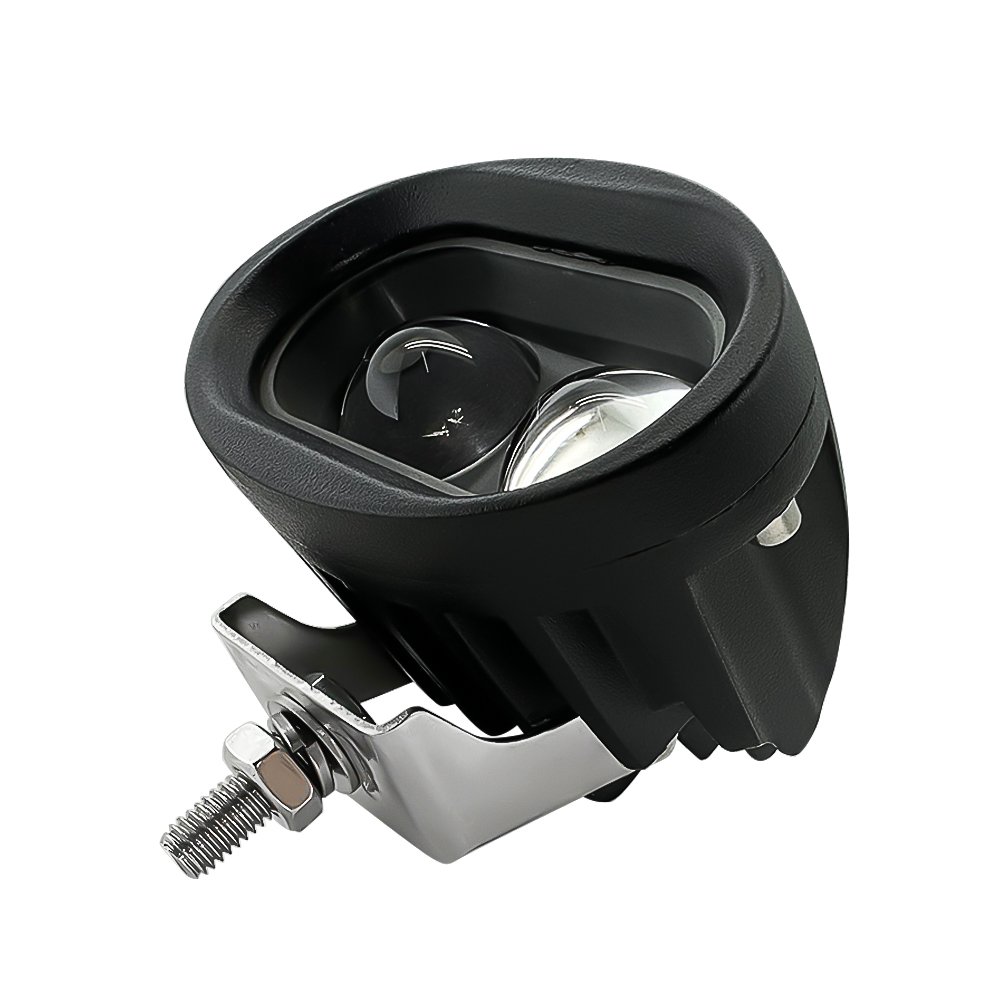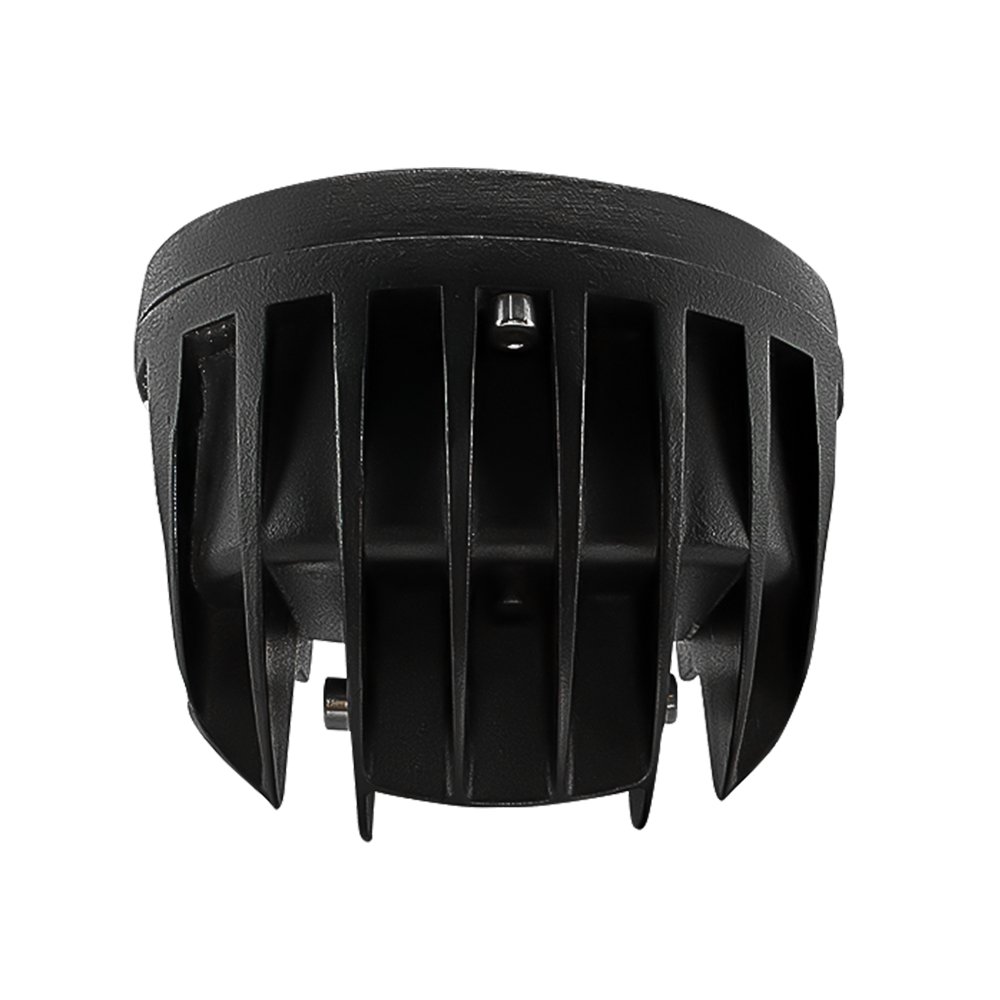Introduction to LED warning technology
Welcome to the future of warning technology! In a world where safety is paramount, it’s crucial to stay ahead of the curve when it comes to emergency vehicles and their visibility on the road. That’s where LED-waarschuwingslichten come into play. With their vibrant colors and cutting-edge technology, these lights are revolutionizing the way we keep our roads safe.
In this blog post, we will delve into the exciting world of LED warning technology and explore its benefits over traditional warning lights. From improved safety and visibility for emergency vehicles to energy efficiency and cost savings, there are plenty of reasons why LED lights have become the go-to choice for law enforcement agencies, fire departments, and other first responders.
So buckle up as we take a deep dive into all that LED warning lights have to offer. Get ready to discover how these powerful little beacons are illuminating our streets with brighter futures!

Comparison with traditional warning lights
When it comes to warning lights, there have been significant advancements in technology over the years. Traditional warning lights, such as incandescent bulbs or halogen lamps, have long been a standard choice for emergency vehicles and other safety applications. However, with the introduction of LED warning lights, a new era has dawned.
LEDs offer several advantages over traditional warning lights. They are much brighter and more visible even in broad daylight. This enhanced visibility is crucial for emergency responders who need to quickly capture attention on busy roads.
In addition to improved brightness, LED-waarschuwingslichten also consume less power compared to their traditional counterparts. This means that emergency vehicles can operate their warning systems for longer periods without draining the vehicle’s battery excessively.
Furthermore, LEDs have a longer lifespan than conventional bulbs. They are durable and resistant to shock and vibration which makes them perfect for use in rugged environments or situations where reliability is paramount.
Another notable benefit of LED technology is its versatility and customization options. LEDs can be easily programmed to emit different colors and patterns depending on the specific needs of the situation or organization using them. For example, police cars may use blue and red LED warning lights while construction vehicles might utilize amber LEDs.
When comparing traditional warning lights with modern LED technology, it is clear that LEDs offer superior performance in terms of brightness, energy efficiency, durability, and customization options. As technology continues to advance at an unprecedented rate,
we can expect further innovations in this area – leading us into a future where safety will be prioritized like never before.
Improved safety and visibility for emergency vehicles
When it comes to emergency vehicles, safety and visibility are of utmost importance. LED warning technology has revolutionized the way these vehicles signal their presence on the road, offering a range of benefits that traditional warning lights simply cannot match.
One of the key advantages of LED warning lights is their brightness. These lights are incredibly vibrant and can be seen from a much greater distance than conventional lighting systems. This increased visibility helps other drivers quickly identify emergency vehicles approaching or passing by, giving them ample time to react and make way.
Furthermore, LED lights have a faster response time compared to traditional bulbs. They illuminate almost instantly when activated, ensuring that the warning signals are always on without any delay. This rapid response time is crucial in emergency situations where every second counts.
LED technology also allows for various customization options. Emergency vehicles can choose different colors such as blue or red LEDs for their warning lights depending on specific requirements or regulations in their region. Additionally, manufacturers offer programmable patterns and flash rates that enable unique configurations tailored to suit different scenarios.
Another significant advantage is energy efficiency. LED lights consume significantly less power compared to traditional light sources, reducing strain on the vehicle’s electrical system while extending battery life. This not only saves money but also ensures that emergency vehicles remain operational even during extended periods without access to charging infrastructure.
LED warning technology offers improved safety and visibility for emergency vehicles like never before. From enhanced brightness and faster response times to customizable options and energy efficiency gains, this advanced lighting solution leads the way towards safer roads for both responders and other drivers alike.

Energy efficiency and cost savings
Energy efficiency and cost savings are two major benefits of LED warning technology. LED lights use significantly less energy compared to traditional warning lights, making them more environmentally friendly and cost-effective in the long run.
LEDs have a higher luminous efficacy, which means they produce more light per watt of electricity consumed. This translates to lower energy consumption and reduced utility bills for emergency vehicle fleets or any other application that requires warning lights.
Moreover, LED lights have a longer lifespan than traditional bulbs, reducing maintenance costs as they need to be replaced less frequently. This not only saves money but also minimizes downtime for vehicles that would otherwise be out of service during bulb replacements.
In addition to their energy efficiency and longer lifespan, LEDs can also be programmed with advanced features such as dimming capabilities and automatic on/off functions based on ambient lighting conditions. These smart features further optimize energy usage and contribute to overall cost savings.
By adopting LED warning technology, organizations can save both money and resources while still ensuring effective visibility for their emergency vehicles or equipment. It’s a win-win situation that promotes sustainability without compromising safety.
The advancements in LED technology continue to drive down costs while improving performance, making it an increasingly attractive option for various industries beyond just emergency services. As more organizations recognize the financial benefits of LED-waarschuwingslichten, we can expect widespread adoption leading to even greater cost savings across the board.
Versatility and customization options
Versatility and customization options are some of the key features that set LED warning technology apart from traditional warning lights. With LED lights, emergency vehicle operators have the freedom to customize their lighting patterns and colors to suit specific situations or requirements.
LED warning lights can be programmed to flash in different patterns, allowing for increased visibility and effectiveness. They can also be easily adjusted to emit different colors, such as blue and red, which are commonly associated with emergency vehicles. This flexibility is especially beneficial in scenarios where multiple agencies or departments need to coordinate their response efforts.
In addition to color and pattern customization, LED-waarschuwingslichten come in various shapes and sizes, making them suitable for installation on a wide range of vehicles. From police cars and fire trucks to ambulances and construction vehicles, LED lights can be tailored specifically for each application.
Moreover, modern LED warning technology allows for wireless control systems that enable operators to remotely adjust the light settings without having physical access to the vehicle itself. This level of convenience offers an added layer of versatility when it comes to adapting the lighting system based on changing conditions or operational needs.
The versatility and customization options provided by LED warning technology contribute significantly towards enhancing safety during emergency situations. By tailoring the lighting system according to specific requirements, emergency responders can effectively communicate with other drivers on the road while ensuring maximum visibility at all times

Conclusion: The future of LED warning technology and its impact on safety and efficiency
As we’ve explored the benefits of LED warning technology, it’s clear that these advanced lights are revolutionizing the way emergency vehicles communicate with drivers on the road. With their superior visibility, energy efficiency, and customization options, LED-waarschuwingslichten are undoubtedly the future of safety signaling.
The impact of LED warning technology goes beyond just improving safety for emergency responders. By using energy-efficient LEDs instead of traditional incandescent bulbs or halogen lamps, municipalities can save significant amounts of money on maintenance and replacement costs. This not only benefits taxpayers but also allows for more resources to be allocated towards other pressing needs within a community.
Furthermore, with versatile mounting options and customizable lighting patterns available in LED warning systems, emergency vehicles can tailor their signals based on specific situations. Whether it’s a police car alerting motorists to pull over or an ambulance navigating through heavy traffic, LED lights provide enhanced communication capabilities that were previously unimaginable.
Looking ahead, it’s exciting to envision how further advancements in LED-technologie will continue to improve safety and efficiency across various industries. We can expect even brighter illumination levels without compromising energy consumption or introducing excessive heat emissions. Additionally, ongoing research into smart features like synchronized flashing patterns or wireless communication between vehicles could further enhance coordination during emergencies.
